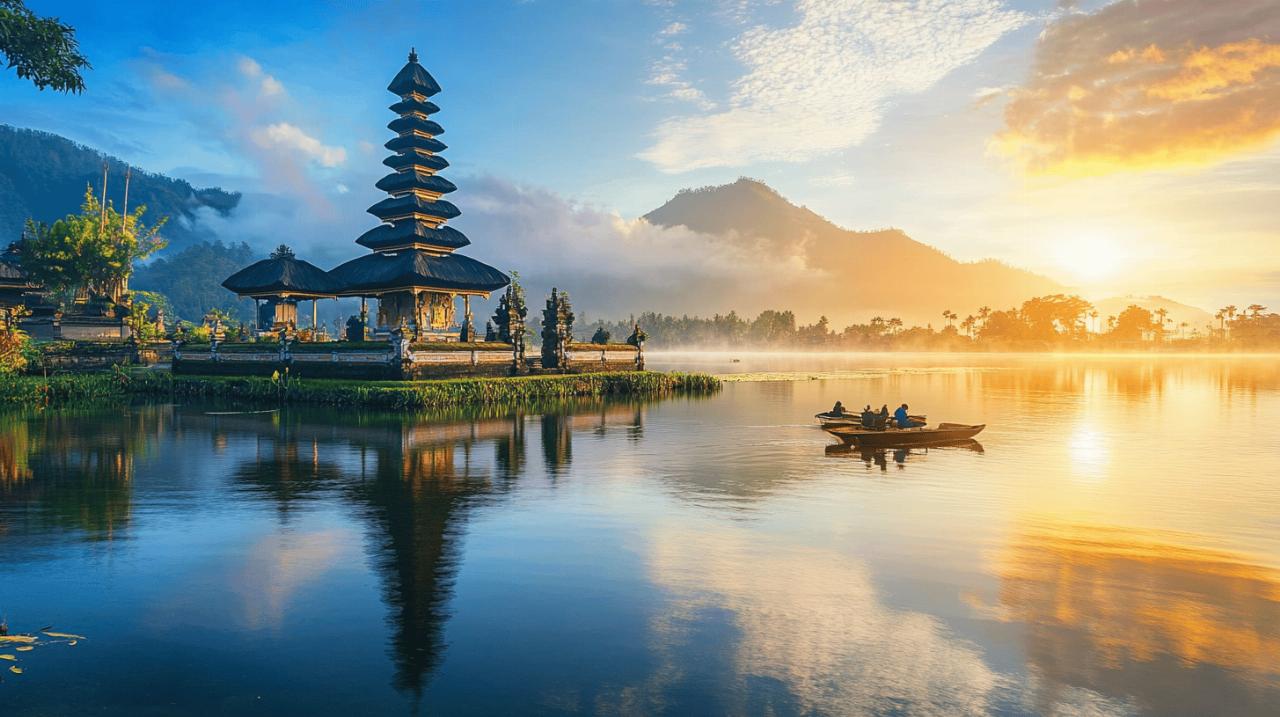Embarking on a cultural adventure opens doors to understanding the rich tapestry of human history and traditions that shape our world. Whether you’re drawn to ancient monuments, vibrant festivals, or the simple pleasure of sharing a meal with locals, cultural travel offers profound connections that typical tourist experiences often miss. Let’s explore the most enriching destinations and how to make the most of your cultural immersion journey.
Extraordinary cultural havens around the globe
The world is brimming with destinations that offer unparalleled cultural experiences, from the bustling streets of Havana to the serene temples of Southeast Asia. Recent updates from Cuba show an evolving cultural landscape that combines colonial architecture with revolutionary history and vibrant music scenes. Exploring authentic Cuban experiences through local guides reveals a depth to the country that casual tourists might miss. For comprehensive information about travelling in Cuba, many seasoned travellers consult resources like https://www.cuba-travelling.de/ to prepare for their cultural immersion in this Caribbean gem.
The diversity of cultural destinations spans every continent. In Europe, the quaint university town of Lund, Sweden offers a perfect day trip experience with its magnificent 12th-century cathedral and cobblestone streets. Meanwhile, the Amalfi Coast of Italy presents a stunning blend of Mediterranean culture, cuisine, and dramatic landscapes over an 8-day journey costing from £1599. For those seeking northern European charm, a 12-day tour of the Baltics provides insight into the fascinating cultural heritage of Estonia, Latvia, and Lithuania from £1899.
Ancient civilisations and their modern descendants
The connection between ancient civilisations and their modern descendants creates some of the most fascinating cultural travel experiences. In Peru, Machu Picchu stands as a testament to Incan engineering genius, drawing adventure travellers eager to trek through the Andes. Similarly, the Great Wall of China, stretching an impressive 21,196 kilometres and attracting over 10 million visitors annually, offers a tangible link to China’s imperial past while showcasing modern Chinese society’s relationship with its heritage.
Northern India presents another extraordinary opportunity to witness ancient traditions living alongside contemporary life. A 9-day highlights tour from £1299 typically includes the majestic Taj Mahal, the pink city of Jaipur, and the sacred riverbanks of Varanasi. In Southeast Asia, a 15-day journey through Sri Lanka reveals ancient Buddhist temples, colonial architecture, and stunning natural landscapes, creating a multifaceted cultural experience from £1595.
Vibrant festivals that define national identity
Nothing captures the essence of a culture quite like its festivals. Throughout Africa, Asia, and the Americas, traditional celebrations offer windows into local values, beliefs, and community bonds. Morocco, with its 15-day highlights tour from £1045, showcases festivals that blend Berber, Arab, and French influences. The vibrant souks of Marrakech and the blue-washed streets of Chefchaouen provide visual feasts that complement cultural experiences.
Beyond traditional festivities, modern cultural events like surf competitions in Biarritz at La Grande Plage attract international crowds while maintaining distinctly local flavour. These events can be observed via webcams for those planning future trips, offering a glimpse into the cultural significance of water sports in coastal communities. Similarly, in Imsouane, Morocco, surfing has become not just a recreational activity but a cultural phenomenon that brings together locals and travellers in shared appreciation of coastal traditions.
Planning your cultural immersion journey
 Thoughtful planning enhances cultural travel experiences tremendously. The distinction between guided group tours and self-guided adventures represents different approaches to cultural immersion. While guided tours like the Vietnam Adventure (14 days from £1175) provide expert context and logistical ease, self-guided explorations allow for spontaneous discoveries and personal connections with locals.
Thoughtful planning enhances cultural travel experiences tremendously. The distinction between guided group tours and self-guided adventures represents different approaches to cultural immersion. While guided tours like the Vietnam Adventure (14 days from £1175) provide expert context and logistical ease, self-guided explorations allow for spontaneous discoveries and personal connections with locals.
When selecting accommodations, consider how your choices might enhance cultural understanding. Luxury options like Hotel Sangho Syphax Sfax 4* in Tunisia offer comfort while showcasing local architecture and hospitality traditions. Alternatively, homestays and locally-owned guesthouses often provide more authentic insights into daily life. Balancing comfort with cultural authenticity becomes an important consideration in travel planning.
Creating meaningful connections with local communities
The most memorable cultural experiences often come through genuine interactions with local communities. Rather than merely observing traditions, consider participating in activities that matter to locals. Taking your mother on a wine tour in France, as suggested by recent travel guides, creates shared experiences with vineyard families who have cultivated traditions over generations. These encounters offer deeper understanding than simply tasting the final product.
Respect forms the foundation of meaningful cultural exchange. Learning basic phrases in local languages, understanding appropriate dress and behaviour, and approaching differences with curiosity rather than judgment helps build bridges across cultural divides. In destinations like Cambodia and Vietnam, where historical narratives remain sensitive, approaching conversations with empathy and openness creates space for genuine connection.
Balancing tourist highlights with authentic experiences
Every cultural journey involves balancing iconic landmarks with off-the-beaten-path discoveries. While the Cape Town & Garden Route 12-day tour from £1695 includes must-see attractions, the most memorable moments might come from conversations with local artisans or meals in family-run establishments. Similarly, while Namibia’s dramatic landscapes feature prominently in its 13-day camping tour from £2099, interactions with indigenous communities provide context that transforms visual appreciation into cultural understanding.
Cultural adventure travel ultimately challenges us to become participants rather than spectators. Whether cycling through European villages, hiking Andean trails to ancient sites, or joining wildlife tours that support conservation efforts, active engagement deepens cultural connections. The growing popularity of walking holidays and trekking adventures speaks to travellers’ desire for immersive experiences that engage all senses while creating meaningful memories of cultural exchange.